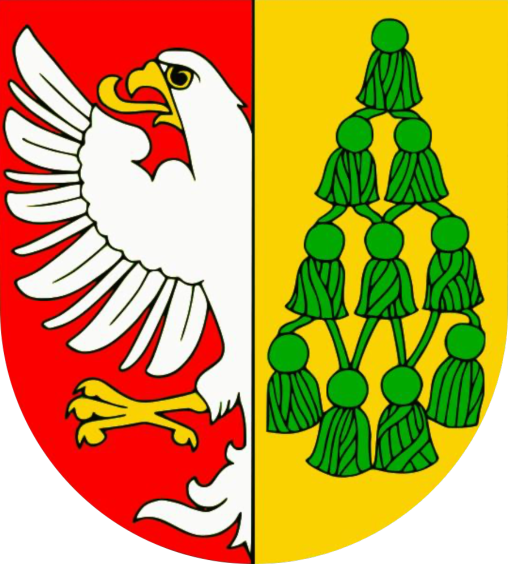Elections in Vestec in 1919
Politics in a democracy would be quite simple if there were no elections. So said a wise man. In our newly formed republic, elections had to be held and they had to take a new form. A significant development was the introduction of universal, equal and secret suffrage for all citizens over 21 years of age and with at least three months' residence in the municipality. For the first time, women could also vote. The electoral term was four years.
And how was the voting in Vestec?
The first post-war mayor of Vestec became Ant.Hrubý. He ran for the Republican Party of the Czechoslovak Countryside, which won 68 votes compared to the Social Democratic Party, which had more - 87. The winning party agreed to elect a Republican mayor because their candidate had a permanent job outside the village. At that time Vestec had a population of about 390 and there were 50 houses in the village. The following year elections were held for the Senate and House with the following results:
| Senate | House | |
| Republican.party of the Czechoslovak.countryside | 69 | 63 |
| Soc. Dem. Page | 79 | 63 |
| Nar. Soc. Party | 3 | 2 |
| Trade Party | 5 | 3 |
But the people of Vesteč were not just living through the elections. The so-called "tied economy" was still weighing heavily on them. What did it mean?
In order to ensure the nutrition of the population, the municipality received from the district a contingent prescription, i.e. a compulsory supply of grain and potatoes for each farmer, which was paid to commission agents - buyers. The old days were over, some said. The officials in the offices were austere and stern, and refinement was disappearing. All money was passed around and only half the notes were returned to the owner. The other half was withheld as a forced state loan, bearing interest at one percent. No wonder, therefore, that all these circumstances caused enormous discontent among the people, and in some places even social riots broke out. All these facts and many others certainly influenced the results of the elections, which were similar in many other municipalities.
Blanka Pašková, chronicler
